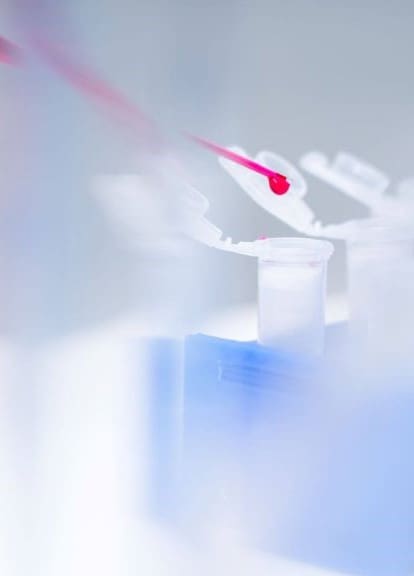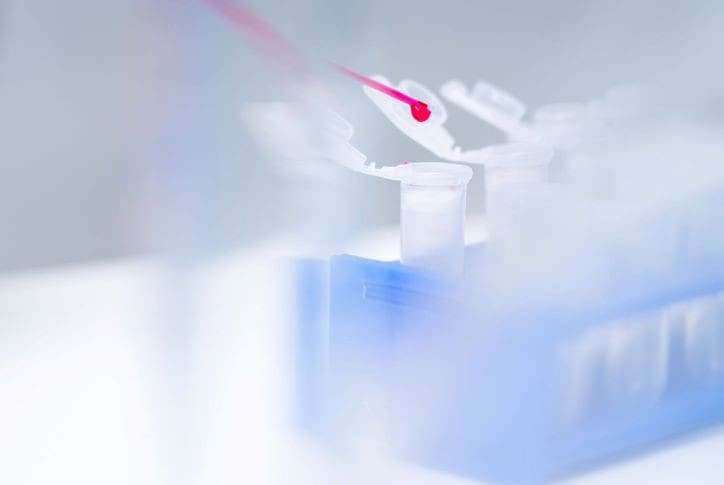The enzyme-linked immunosorbent assay (ELISA) is a cornerstone of clinical diagnostics and biological research, commonly used across the realms of immunology, cancer research, and neurobiology, among others.
ELISAs allow clinicians or researchers to accurately quantify the levels of a specific target of interest in a sample 1. However, for an ELISA to accurately measure the antigen levels in a sample, the ELISA procedure must first be validated.
ELISA validation can be a complex, time-consuming process that is prone to error and so Automation can have several advantages when used to do this.
Automation enhances the precision, standardisation, throughput, speed, and efficiency of ELISA validation procedures. Additionally, automated systems can effectively collect and analyse data and enable compliance with regulatory requirements.
In this article, we will discuss the what, why, and how of automation for ELISA validation.
How do you validate an ELISA?
To validate an ELISA and ensure the reliability of results, the following criteria should be assessed 2:
- Robustness: the ability of the method to be unaffected by small variations in parameters, e.g. incubation time and temperature
- Precision: the similarity between independent test results obtained under specified conditions
- Accuracy: the similarity between test result values and accepted reference values
- Quantification limits: the range of analyte concentrations that can be detected while retaining precision and accuracy
- Specificity: the ability of the assay to differentiate and measure the analyte of interest in the presence of a mixture of components
ELISA assay validation is critical for newly developed or modified procedures (i.e. when measuring a new antigen, or using a different sample type).
Generally, any new test will need to undergo ELISA development and validation protocols prior to use as a diagnostic or research tool. When performed correctly, carrying out ELISA method validation ensures that the procedure is well-characterised, fully validated, and documented to a satisfactory standard, which is particularly important if the ELISA process will be used as a diagnostic tool in clinical settings 2,3. It will result in a validation report that serves as objective evidence that the method fulfils the requirements for its intended use 2.
How can automation help with ELISA validation?
Validation is a crucial part of the ELISA process and is required to ensure the precision, accuracy, and reproducibility of the workflow, assuring users and regulators that assay results are consistent and reliable. However, the validation process can be complex, time-consuming, and subject to human error, making it a perfect candidate for automation 4.
Automated ELISA platforms can help validation in several ways:
- Precision: automation can improve accuracy and reduce the chances of systematic and random errors, including human error. Using an automated system avoids the variability that may occur when workflows are performed by different users or in different laboratories
- Standardisation: by ensuring the same procedures are followed in the same manner each time, automation can standardise ELISA validation protocols, reducing variability and increasing reproducibility
- Speed and efficiency: automation can perform repetitive tasks more quickly and accurately than humans, increasing efficiency and meaning researchers can focus on other tasks which require human input
- Higher throughput: automated systems can handle multiple samples simultaneously, increasing the throughput of the validation procedure
- Data collection and analysis: automated systems can systematically collect and store data, reducing the chances of data loss or error. Moreover, automated systems can quickly and accurately perform analyses
- Compliance with regulatory requirements: automated systems can be programmed to follow specific ELISA validation protocols and generate reports which may be necessary to demonstrate compliance with ELISA validation guidelines. This is particularly important when validating ELISAs for diagnostic tools in clinical settings or as research tools in drug discovery settings.
Discover truly hands-off ELISA automation solutions
Overall, automation is advantageous for ELISA validation and subsequent ELISA workflows 4. In both scenarios, automation can enhance precision, reduce the likelihood of human error, improve the consistency of results, and save time. This ensures the results are accurate, reliable, and reproducible and is particularly useful for scaling assays up to high-throughput workflows.
Automata’s fully automated ELISA solutions offer the perfect solution for ELISA validation and subsequent assays, freeing your highly skilled scientists up for other work and ensuring consistent and accurate results.
Discover how your lab can fully automate your ELISA workflows to enhance your research accuracy and your researchers’ productivity with LINQ.
LINQ: A new open, integrated laboratory automation platform
Our new open, integrated automation solution – LINQ – features a unique laboratory bench, with integrated automation capabilities and accompanying powerful, proprietary lab orchestration software.
As a result, labs can easily reduce human touchpoints and increase efficiency and accuracy without needing to dedicate additional lab space to bulky equipment.
References
1. Engvall E. The ELISA, Enzyme-Linked Immunosorbent Assay. Clin Chem. 2010;56(2):319-320. doi:10.1373/clinchem.2009.127803
2. Andreasson U, Perret-Liaudet A, Van Waalwijk Van Doorn LJC, et al. A Practical Guide to Immunoassay Method Validation. Front Neurol. 2015;6. doi:10.3389/fneur.2015.00179
3. Minic R, Zivkovic I. Optimization, Validation and Standardization of ELISA. In: Mózsik G, ed. Norovirus. IntechOpen; 2021. doi:10.5772/intechopen.943384.
4. Bock JL. The New Era of Automated Immunoassay. Am J Clin Pathol. 2000;113(5):628-646. doi:10.1309/DUDM-3Y6L-3R1L-QP15
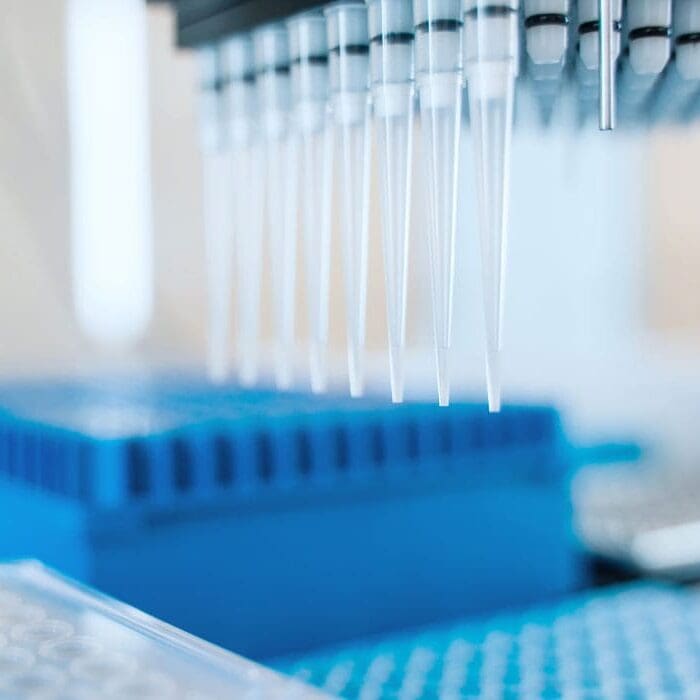
Hands-Off ELISA Automation
See how end-to-end automation can reduce manual steps, scale effortlessly, and enhance data integrity in your ELISA workflows
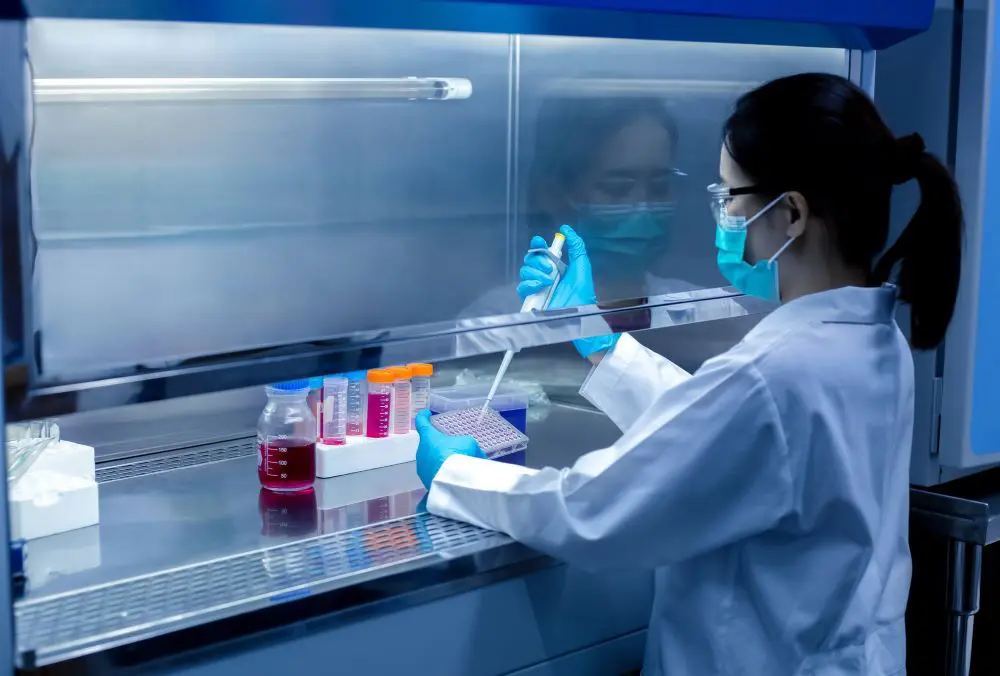
Discover the frequent mistakes made during manual ELISA assays and how automation…
Read more Common Errors in Manual ELISA Assays – Automata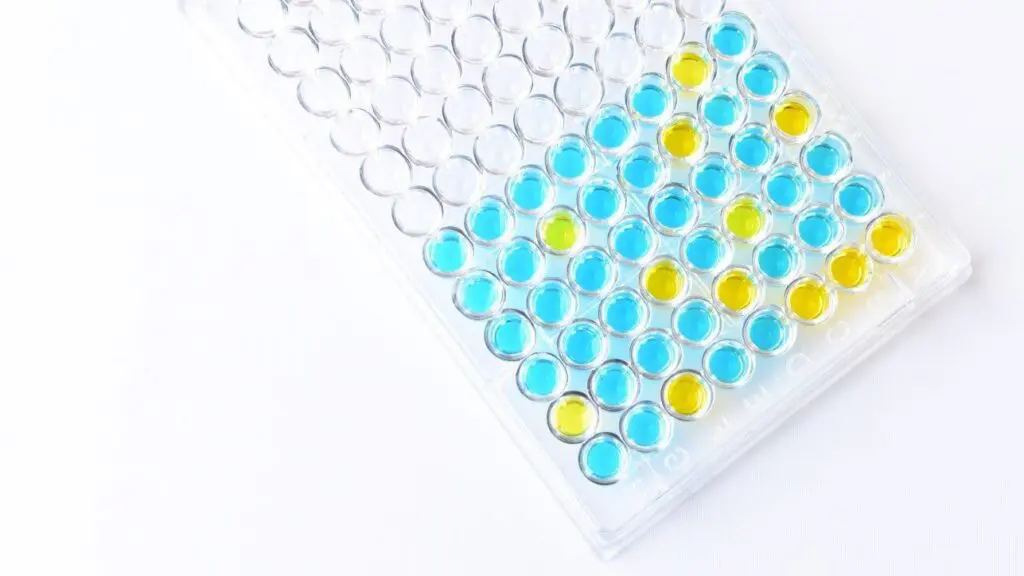
Find out how open, integrated automation can accelerate the ELISA development process…
Read more Scaling up ELISA development with automation
Find out how open, integrated automation can accelerate the ELISA validation process…
Read more ELISA assay validation: how automation can help